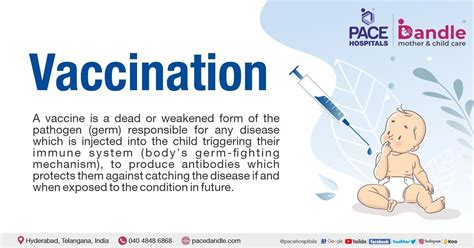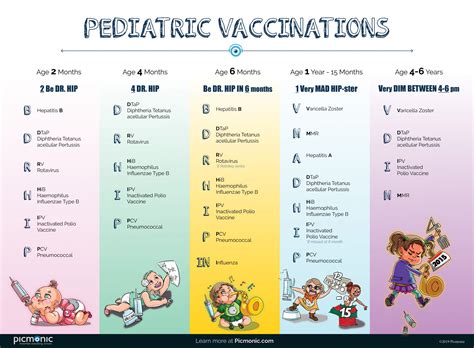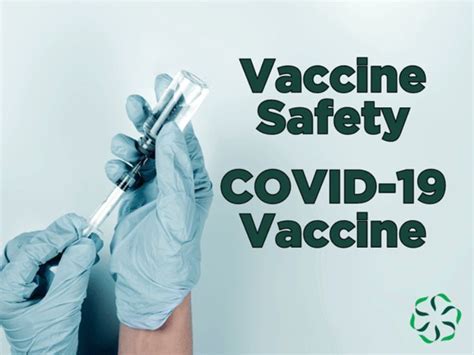Intro
Discover the essential 5 newborn vaccinations, including hepatitis B and rotavirus, to protect your babys health and prevent diseases, ensuring a strong immune system and a healthy start in life with proper infant immunization and vaccination schedules.
Newborn vaccinations are a crucial aspect of ensuring the health and well-being of infants. The first few months of a child's life are a critical period for vaccination, as they are most vulnerable to serious diseases. Vaccinations help protect newborns from potentially life-threatening illnesses, providing them with a strong foundation for a healthy life. In this article, we will delve into the world of newborn vaccinations, exploring their importance, benefits, and the various types of vaccinations available.
The importance of newborn vaccinations cannot be overstated. Vaccinations have been proven to be highly effective in preventing the spread of infectious diseases, which can have severe consequences for newborns. According to the World Health Organization (WHO), vaccinations have saved millions of lives worldwide and have been instrumental in controlling and eliminating numerous diseases. Newborn vaccinations are particularly crucial, as they help protect infants from diseases that can cause serious complications, such as meningitis, pneumonia, and sepsis.
Newborn vaccinations also play a vital role in protecting not only the individual child but also the broader community. When a sufficient percentage of the population is vaccinated, it creates a phenomenon known as herd immunity, which helps prevent the spread of diseases. This is especially important for individuals who are unable to receive vaccinations due to medical conditions or other factors. By vaccinating newborns, we can help create a safer and healthier environment for everyone.
Benefits of Newborn Vaccinations

Types of Newborn Vaccinations
Newborn vaccinations can be broadly categorized into several types, including: * Inactivated vaccines: These vaccines contain killed or inactivated viruses or bacteria, which cannot cause the disease itself. * Live, attenuated vaccines: These vaccines contain weakened or attenuated viruses or bacteria, which can cause a mild infection but still provide immunity. * Conjugate vaccines: These vaccines combine a weakened bacteria with a carrier protein, which helps stimulate an immune response. * Toxoid vaccines: These vaccines contain inactivated toxins, which help stimulate an immune response against the toxin.Common Newborn Vaccinations

Vaccination Schedule
The vaccination schedule for newborns typically begins at birth and continues through the first few years of life. The schedule may vary depending on the specific vaccine and the child's individual needs. Some of the key milestones in the vaccination schedule include: * Birth: Hepatitis B vaccine * 2 months: Rotavirus vaccine, DTaP vaccine, Hib vaccine, pneumococcal conjugate vaccine * 4 months: Rotavirus vaccine, DTaP vaccine, Hib vaccine, pneumococcal conjugate vaccine * 6 months: Rotavirus vaccine, DTaP vaccine, Hib vaccine, pneumococcal conjugate vaccine * 12-18 months: Measles, mumps, and rubella (MMR) vaccine, varicella vaccineVaccination Safety

Addressing Concerns
Addressing concerns about vaccination safety is crucial, and healthcare professionals can play a vital role in educating parents and caregivers about the benefits and risks of vaccination. Some of the key strategies for addressing concerns include: * Providing accurate and unbiased information: Healthcare professionals should provide accurate and unbiased information about vaccination safety and effectiveness. * Listening to concerns: Healthcare professionals should listen to concerns and address them in a sensitive and empathetic manner. * Encouraging open communication: Healthcare professionals should encourage open communication and provide opportunities for parents and caregivers to ask questions and express concerns.Conclusion and Next Steps

We invite you to share your thoughts and experiences with newborn vaccinations in the comments section below. If you have any questions or concerns, please do not hesitate to reach out to your healthcare professional. Together, we can work towards creating a healthier and safer environment for all.
What are the most common newborn vaccinations?
+The most common newborn vaccinations include hepatitis B vaccine, rotavirus vaccine, DTaP vaccine, Hib vaccine, and pneumococcal conjugate vaccine.
What is the vaccination schedule for newborns?
+The vaccination schedule for newborns typically begins at birth and continues through the first few years of life, with key milestones at 2 months, 4 months, 6 months, and 12-18 months.
Are newborn vaccinations safe?
+Yes, newborn vaccinations are safe and effective. Numerous studies have consistently shown that vaccines are safe and have few side effects.
What are some common misconceptions about newborn vaccinations?
+Some common misconceptions about newborn vaccinations include the idea that vaccines cause autism, are toxic, or can cause serious side effects. These misconceptions have been thoroughly debunked by scientific research.
How can I address concerns about newborn vaccinations?
+Addressing concerns about newborn vaccinations involves providing accurate and unbiased information, listening to concerns, and encouraging open communication. Healthcare professionals can play a vital role in educating parents and caregivers about the benefits and risks of vaccination.
